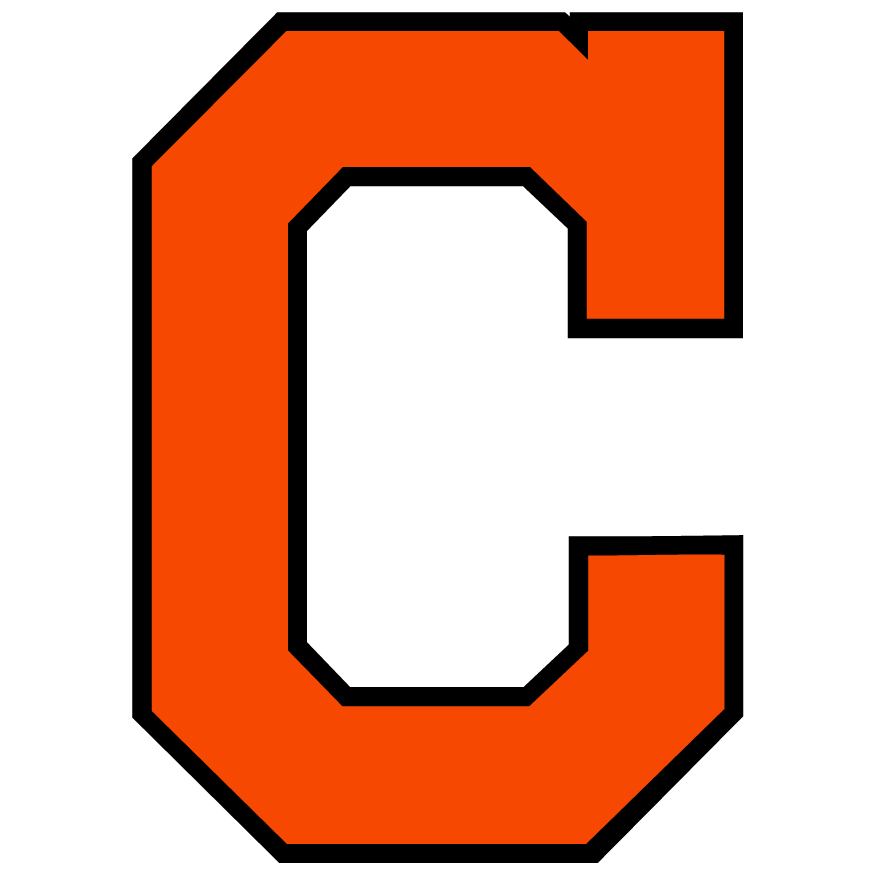Skip to content
Show submenu for About the District
Show submenu for Links and Information
Show submenu for Curriculum and Instruction
Show submenu for Pupil Services
Show submenu for Required Notices
Required Notices
Wellness
Nondiscrimination
Curriculum and Instruction
Show submenu for
